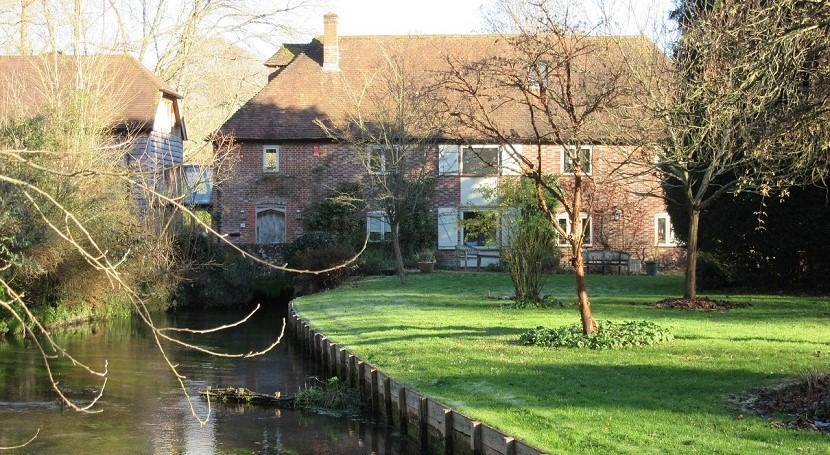Rivers have shot to the forefront of British public discourse recently with a big focus on sewage discharges, the failings of our water industry and the risks poor water quality poses to river users. People’s deep love of, and concern for, the water environment is now beyond doubt. Sadly, rivers across the UK and Ireland are in a desperate state, as The Rivers Trust has demonstrated in the State of Our Rivers Report. With data and evidence at its core, the interactive report shares insights to help everyone better understand the condition of rivers, the issues facing them, and the actions needed to restore them to good health.
When functioning naturally, rivers are home for a rich array of wildlife, the source of life for the wider landscape, a place of enjoyment and reflection for human beings, and a vital component in a climate-resilient society. Right now, they are far from that. But we don’t just want this report to be a source of outrage - we want it to be a catalyst for change.
I would recommend reading our report in its entirety, but the headline statistics paint a grim picture. No single stretch of river in England or Northern Ireland is in good overall health, with a very small proportion achieving good ecological status and none achieving good chemical status. The numbers are somewhat better in Ireland, Scotland and Wales, but rivers there face their own pressures and differences in monitoring regimes make it impossible to compare data accurately across nations.
We must accept the need to work with, not against, nature in addressing not just environmental issues, but also societal problems
In England, agriculture and land management, the water industry, and urban pollution are found to be the main causes of failure to achieve good ecological status. Agricultural activities contribute to 62% of failures, the water industry 54%, and urban and transport activities 26%. Individual activities within these broader categories include poor nutrient or soil management on farms, the discharge of both treated and untreated sewage into waterways, abstraction, and road runoff.
Of course, data only tells part of the story, and what the data in the State of Our Rivers Report points to is that rivers are blighted by pollution, altered from their natural state and often buried underground, with many iconic species in decline, and the wider landscape facing an increasing risk of both flooding and drought. Scant monitoring, weak regulation and enforcement, a lack of consideration for water in land management, and of course climate change are further exacerbating those pressures. This is all illustrated by our case studies on Lough Neagh’s toxic algal bloom, and the plight of Atlantic Salmon.
Is it all doom and gloom?
However, we have other case studies on our landmark Wyre Natural Flood Management project and Big River Watch campaigns which are all about solutions. Restoring rivers to a wild, healthy, natural state may be an uphill task, but we know a lot about how we can achieve it.
Everything that happens on land affects rivers. That means restoring rivers is going to require every facet of society to play its part and embrace a catchment-based approach. Our report contains lots of recommendations for individuals, communities, government and businesses, but at the centre of them is a fundamental shift in attitude: live and work with water and nature in mind. We must accept the need to work with, not against, nature in addressing not just environmental issues, but also societal problems.
That means scaling up the delivery of nature-based solutions which bring about multiple benefits for the environment and communities, developing policies and legislation that properly integrate environmental priorities into harmony with other government departments, and supporting businesses to ensure that growth does not come at the cost of the environment. Furthermore, this must be overseen by organisations at the local, regional, and national levels.
The overriding message of this report is perhaps best summarised in the words of writer and broadcaster Lucy Siegle at its launch: there is no mandate to keep damaging our rivers; the only mandate is for action – from everyone.




